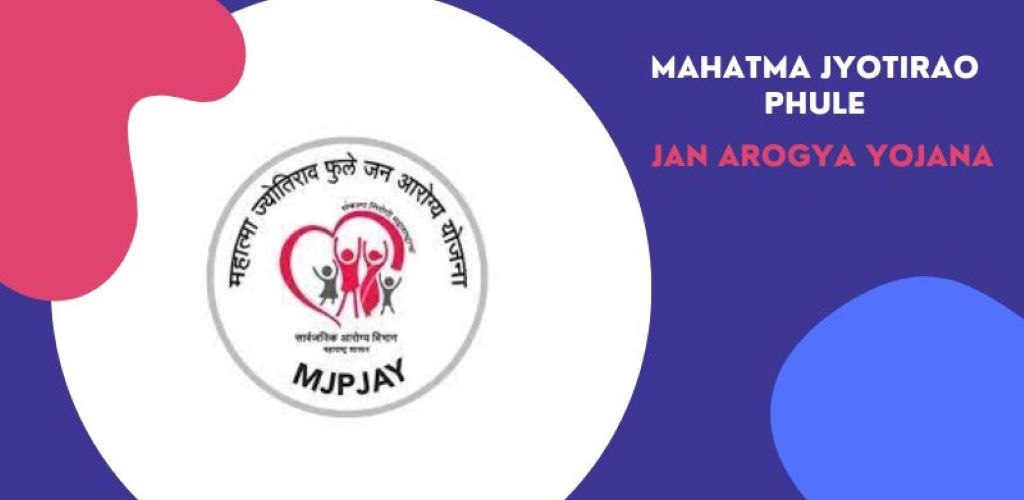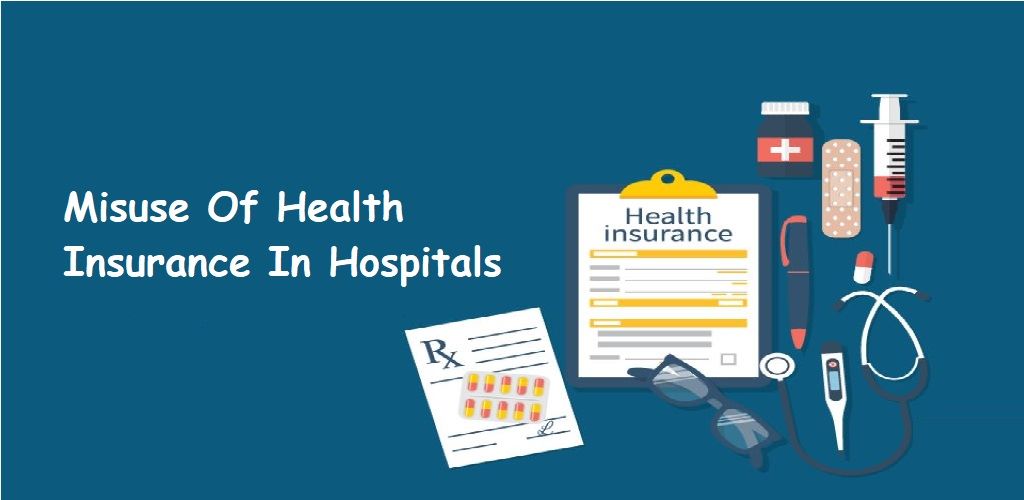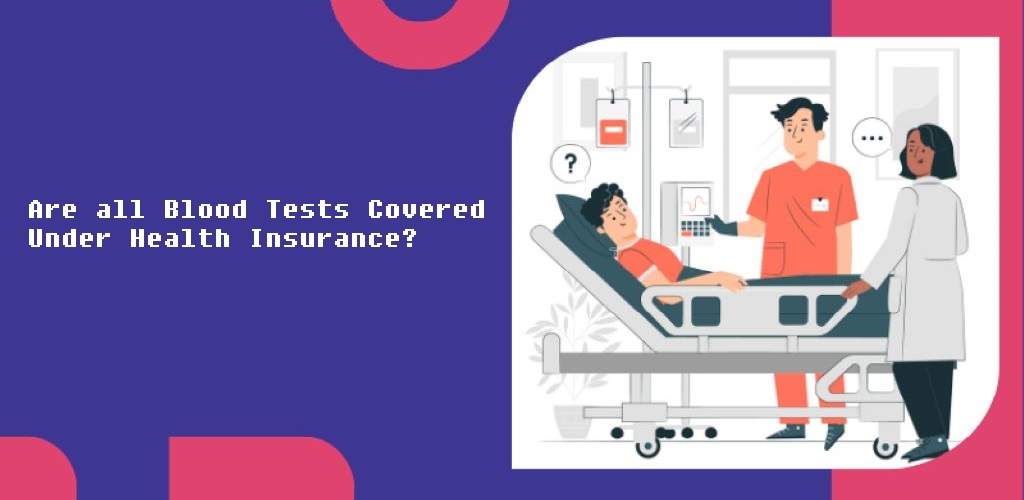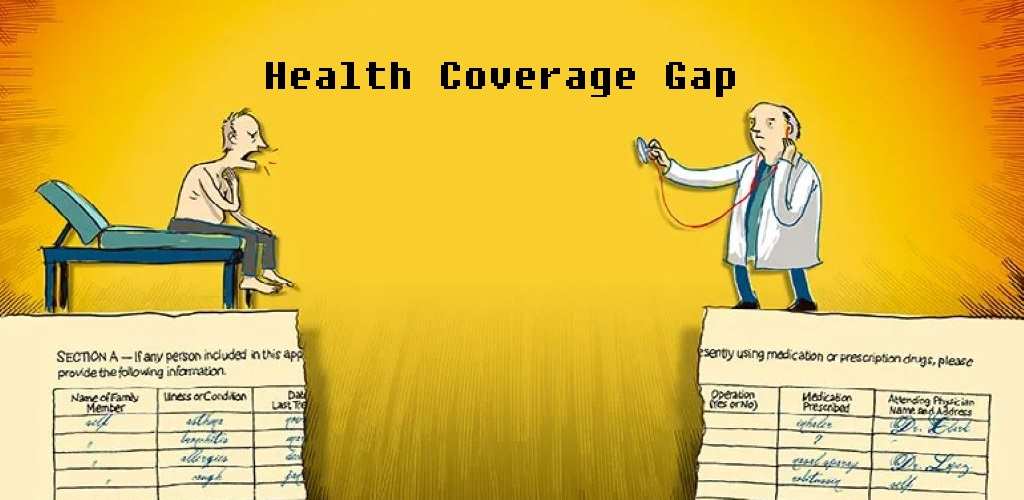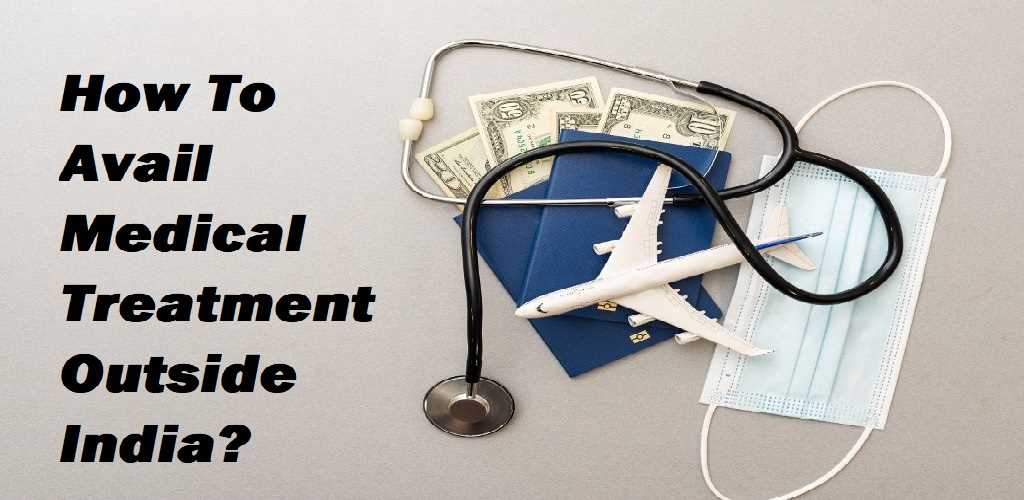Families with low income face a multitude of challenges, with ‘access to quality health care’ being the most pervasive one. With increasing privatization of health services, rising medical inflation, and a government healthcare system offering equivocal quality of services, low-income families are left with a reduced number of resources and compromised health services that perpetuate the cycle of poverty and illness.
To help such families receive free and top-notch medical facilities, the Maharashtra government has launched the Mahatma Jyotiba Phule Jan Arogya Yojana (MJPJAY). The scheme, formerly known as the Rajiv Gandhi Jeevandayee Arogya Yojana, is a flagship health insurance program with a primary objective to improve access to cashless and quality medical care to the low-income groups belonging to BPL (Below Poverty Line) and APL (Above Poverty Line).
Eligibility Criteria For Mahatma Jyotirao Phule Jan Arogya Yojana
The scheme is available to only the natives of Maharashtra. The following people will be considered as ‘beneficiaries’ under the scheme:
| Classification | Eligibility |
| Category A | Families whose annual income is below Rs. 1 lakh and who have yellow/orange ration cards, Antyodaya Anna Yojana (AAY) ration cards, and Annapurna ration cards issued by the Civil Supplies Department, Government of Maharashtra for 36 districts of Maharashtra |
| Category B | Farmers with white ration cards and belonging to 14 agriculturally distressed districts of Maharashtra, including Amaravati, Aurangabad, Akola, Buldhana, Hingoli, Beed, Jalna, Latur, Nanded, Osmanabad, Wardha, Parbhani, Yavatmal and Washim |
| Category C |
|
Key Features Of Mahatma Jyotiba Phule Jan Arogya Yojana
Below are some of the primary features of MJPJAY:
Financial Assistance For Economically Weaker Sections:
The scheme offers coverage to all expenses related to the hospitalization of the beneficiary, providing much-needed financial support in times of dire need. This coverage amount can go up to Rs. 1,50,000 or Rs. 2,50,000 per family per policy year. This benefit can be availed by one individual or in a group by all the eligible members of the family.
The scheme also offers Rs. 3 lakhs for kidney transplantation and includes various conditions and operations, such as dengue, hip replacement surgery, pediatric surgery, swine flu, sickle cell anemia, and more.
Benefit Coverage In Package Form:
All the benefit coverages under the scheme come in package form. There are 972 surgeries, therapies, and procedures in addition to 121 follow-up treatments that are available in packages in the following 30 designated specialized categories:
| GENERAL SURGERY | POLYTRAUMA |
| ENT SURGERY | PROSTHESES |
| OPHTHALMOLOGY SURGERY | CRITICAL CARE |
| GYNAECOLOGY AND OBSTETRICS SURGERY | GENERAL MEDICINE |
| ORTHOPEDIC SURGERY AND PROCEDURES | INFECTIOUS DISEASES |
| SURGICAL GASTROENTEROLOGY | PEDIATRICS MEDICAL MANAGEMENT |
| CARDIAC AND CARDIOTHORACIC SURGERY | CARDIOLOGY |
| PEDIATRIC SURGERY | NEPHROLOGY |
| GENITOURINARY SYSTEM | NEUROLOGY |
| NEUROSURGERY | PULMONOLOGY |
| SURGICAL ONCOLOGY | DERMATOLOGY |
| MEDICAL ONCOLOGY | RHEUMATOLOGY |
| RADIATION ONCOLOGY | ENDOCRINOLOGY |
| PLASTIC SURGERY | GASTROENTEROLOGY |
| BURNS | INTERVENTIONAL RADIOLOGY |
Coverage To 36 Districts:
As mentioned earlier, the scheme was formerly known as Rajiv Gandhi Jeevandayee Arogya Yojana. When it was launched on July 2, 2012, it offered coverage to only eight districts of Maharashtra, including Gadchiroli, Amravati, Nanded, Sholapur, Dhule, Raigad, Mumbai, and Suburbs. However, on November 21, 2013, it was extended to 28 districts and presently it covers 36 districts of Maharashtra (as of 2023).
Run-Off Period:
After the policy period ends, or until one month after the date of the policy period for eight districts, a “run-off period” of one month will be permitted to the beneficiaries. This means that pre-authorizations can be completed up until the end of the policy period, and surgeries related to such pre-authorizations can be completed up to one month after the policy period has ended. The insurance company will then honor such a claim.
Cover For Pre-Existing Diseases:
The problem with many private and public health insurance providers is that their policies avoid covering any type of pre-existing disease for a specific period of time. This means that even if low-income families purchase a health insurance plan, they will still be unprotected for a longer period of time, creating a stark gap in quality healthcare access.
However, with MJPJAY, each illness covered by the proposed plan will be covered right away from day one. Moreover, a person with a condition that existed before the policy’s inception will likewise be covered by approved procedures for that condition.
Cashless Transaction:
No matter what type of package and network the hospital beneficiary chooses, the scheme is envisaged to involve cashless transactions for eligible operations. Subject to the procedures outlined in the program, an enrolled beneficiary will visit the hospital and leave without having to pay the hospital.
Services from the chosen network hospital are easily available to the beneficiary during their stay (subject to availability of beds). If there are no beds available at a network hospital, the beneficiary will receive a list of adjacent network hospitals from Arogyamitra (individuals trained by the government for patient registration, interacting with beneficiaries, and dealing with hospital staff), and be given the option to be cross-referred to the closest other network hospital.
Online Claim Settlement:
After receiving the original bills, diagnostic reports, case sheet, patient satisfaction letter, discharge summary duly signed by the physician, acknowledgment of payments for transportation costs, and other pertinent documents for claim settlement, the scheme will settle hospital claims online within 7 working days. To offer a seamless claim settlement experience to its beneficiaries, the Rajiv Gandhi Jeevandayee Arogya Yojana Society will thoroughly examine and assess the online claim settlement process.
Issuance Of Rajiv Gandhi Jeevandayee Arogya Yojana Health Cards:
If a family is eligible for the MJPJAY scheme, they will be issued with Rajiv Gandhi Jeevandayee Arogya Yojana Health Cards. These health cards will be used by the government to identify the beneficiary families in Maharashtra.
In the interim, until health cards are issued, a valid orange or yellow ration card with an Aadhaar number is accepted. If an Aadhaar number is not available, any photo ID card issued by a government agency—such as a driver’s license or election ID—that matches the patient’s name and photo will be accepted in place of a health card.
Identification Of Beneficiaries Under Mahatma Jyotirao Phule Jan Arogya Yojana
When talking about beneficiaries under the scheme, they are identified as follows:
| Categories | Identification |
| Category A |
|
| Category B | Farmers from 14 districts will be identified based on a white ration card with 7/12 extract having the name of the beneficiary/head of the family or certificate from the concerned patwari. This certificate should be presented with a valid photo ID proof of the beneficiary and must state that the beneficiary is a farmer or belongs to a farmer’s family. |
| Category C | The beneficiaries will be identified based on any health card/ID card, or any other identification mechanism finalized by the State Health Assurance Society (SHAS). |
How To Register For Mahatama Jyotiba Phule Jan Arogya Yojana?
Eligible families should first approach nearby district/women/network/general hospitals and meet Arogyamitra to initiate the application. These trained officials will facilitate the beneficiaries throughout the entire process. In case the beneficiaries visit a government hospital, they will be provided with a referral card to the network hospital.
This ‘referral card’ can also be received from health camps organized by the network hospitals under the scheme. Once the referral card is with the beneficiaries, they can present it to the network hospital in case of medical emergencies along with diagnosis documents, yellow card, orange card, Antyodaya, or Annapurna card.
How To Check The Hospital List Under Mahatma Jyotirao Phule Jan Arogya Yojana?
Before enrolling in Mahatma Jyotiba Phule Jan Arogya Yojana, it is extremely pivotal to check the list of network hospitals under the scheme so that one can receive immediate and quality care at the nearest hospital. To check the list, follow the steps below:
- Go to the official website of the scheme.
- On the top banner of the page, hover the mouse on “Network Hospitals”.
- The drop-down menu will display different filters for checking hospital lists, including all network hospitals, specialty-wise network hospitals, district-wise hospitals, and more. Choose any one category.
- The next page will now display all the hospitals according to the parameters you have selected.
Detailed Steps To Receive Treatment & Settle Claims In Network Hospitals Under MJPJAY
Below are the steps for treatment in network hospital and claim settlement under the MJPJAY scheme:
- Visit the nearby network hospital and present the beneficiary’s referral card along with the yellow/orange/white/Antyodaya Anna Yojana (AAY)/Annapurna ration card.
- The hospital will then examine the cards, register the patient, and facilitate preliminary diagnosis, specialist consultation, admission process, and more.
- The insurance company will get an E-authorization request, which the MJPJAY will also assess.
- Preauthorization will be approved if all requirements are met after being reviewed by the Rajiv Gandhi Jeevandayee Arogya Yojana Society and the insurer’s recognized medical specialists.
- The patient will then be able to receive cashless treatment or hospitalization after the authorization has been granted.
- To settle the claim, the hospital will submit the insurance company the original bills, diagnostic reports, discharge summaries, and other pertinent paperwork.
- The insurer examines the invoices, approves the hospital’s sanction, and then is required to pay them within the predetermined time frame and package rates. The claim settlement module, which will be run by the insurer, will be a component of the Rajiv Gandhi Jeevandayee Arogya Yojana Society portal’s workflow together with the electronic clearing and payment channel.
- For ten days following the date of discharge, the network hospital will offer free consultations, medications, and tests as part of the program.
Frequently Asked Questions
Pre-authorization will usually be done within 12 working hours. However, in case of emergencies, it is done immediately.
Pre- and post-treatment diagnostics, consultations, hospital fees, consumables, and medications are all included in the package.
No. For services that are covered by an approved package, the patient should not be required to pay the hospital or center any additional fees.
You can call the toll-free number 18002332200 or 155388 or contact the Arogyamitras if you have any questions. Arogyamitras are on duty around the clock at the hospital or center, and they will help and direct you if an issue comes up.
No. The ambulance charges are not covered under the scheme. The beneficiaries have to use their own pockets to pay for the same.

